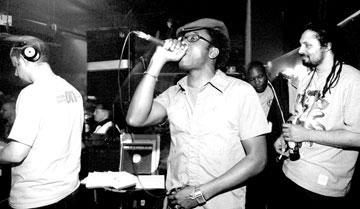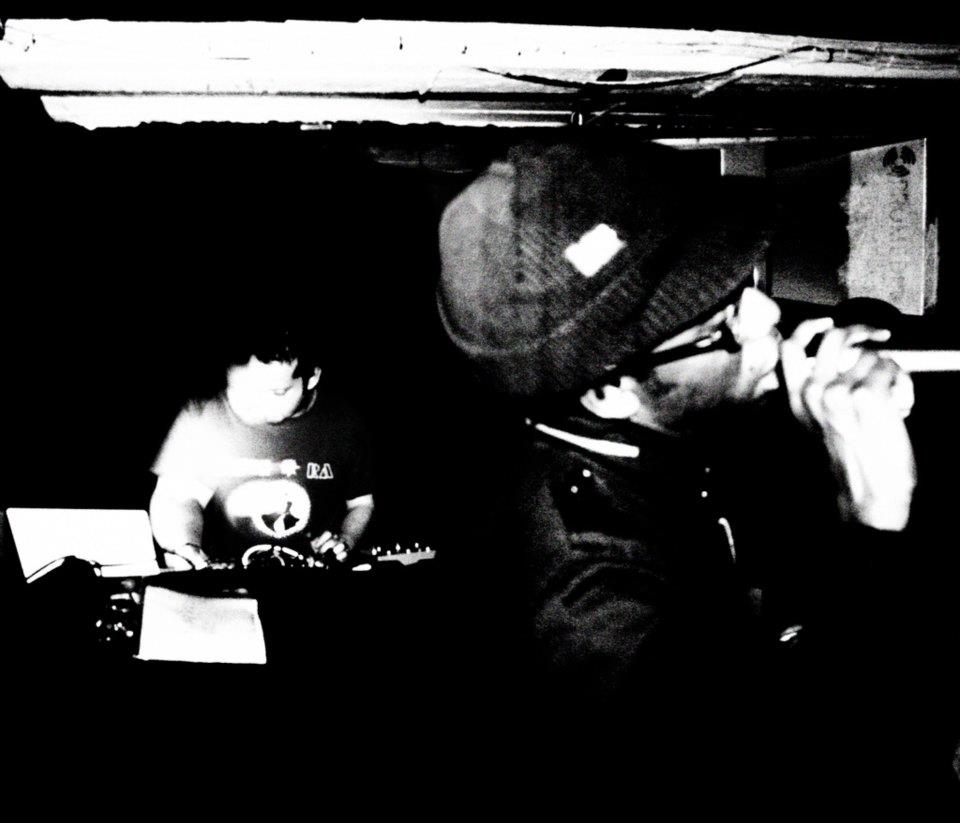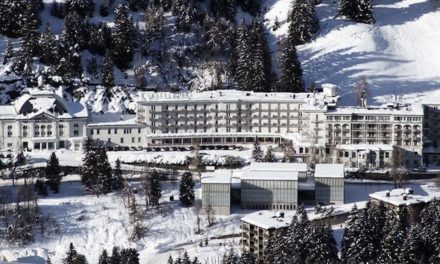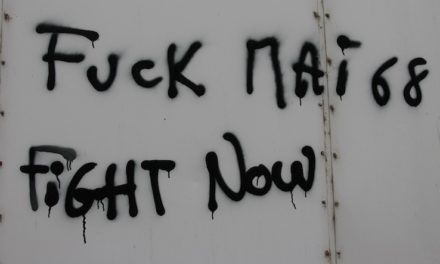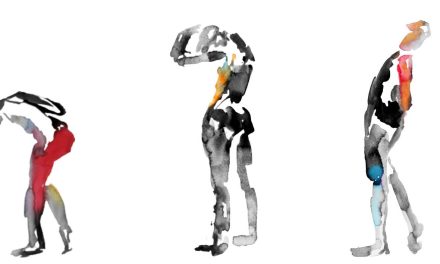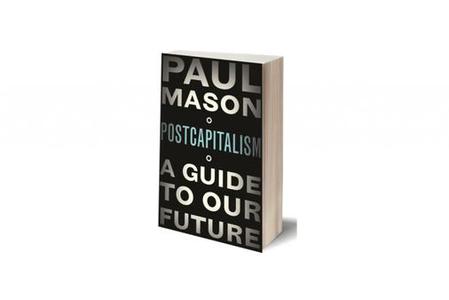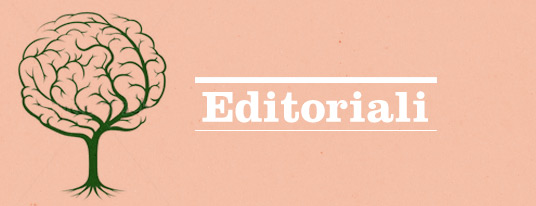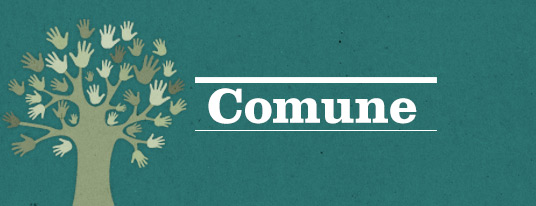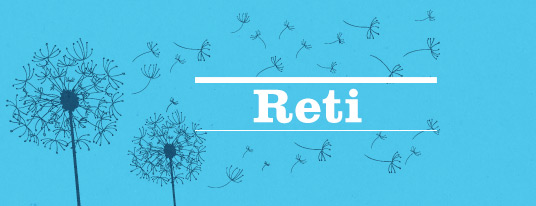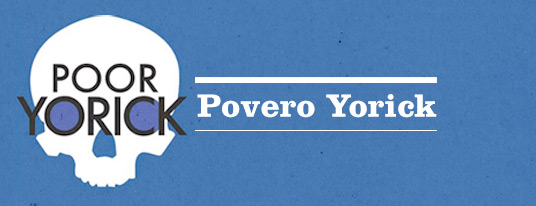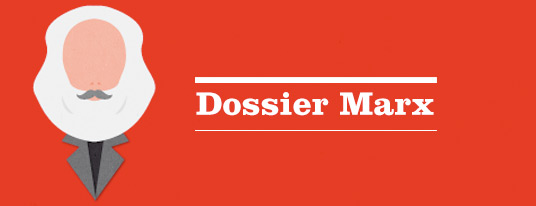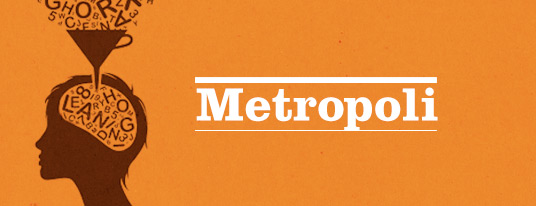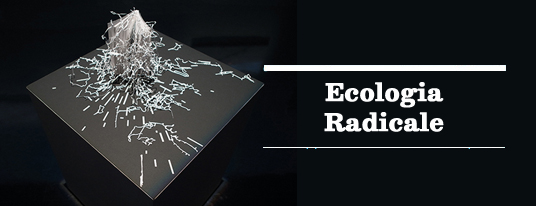di MOTOKO KUSANAGI.
“Just a whisper. I hear it in my ghost”
Stephen Samuel Gordon aka The Spaceape is a London-based artist, vocalist and spoken word poet of Jamaican origins. He has written and performed the lyrics for two albums produced by Kode9 and released by the record label Hyperdub: Memories of the Future (2006) and Black Sun (2011). He also features in the track Spaceape in Burial’s first cult album Burial (2006). His first solo debut EP → Xorcism, was released in 2012.
MOTOKO KUSANAGI – Stephen Gordon aka The Spaceape, We would like to start this interview by describing who you are through what you have done to our readers. You started out as a fashion student in London, worked in the fashion industry for a while, then decided to take a degree in media and communications to become a media professional. You have worked for the British Film Institute and as an image researcher for the BBC. You have also an artistic vocation which has led you first to experiment with video and photography and later to become a musician. You have co-written and produced with pioneer London electronic producer Kode9 (Hyperdub Record label) two acclaimed albums, Memories of the Future (2006) and Black Sun (2011).
Now you have produced your first solo EP – a beautiful and haunting work of sonic and spoken word poetry which comes with its own visually stunning video. And yet you told us the other day that you are still reluctant to tell people you are a musician, that your first instinct is that of saying you work as a researcher for the BBC. Why that feeling? Why that reluctance?
THE SPACEAPE – Like many people working in the creative field, I’ve spent a long time experimenting as a artist/musician whilst holding down a “normal” job. Within a gossip hungry work environment I chose not to disclose “what I got up to over the weekend” as I felt this not only could harm me if my work slipped in any way, but also because I’ve always felt my creative work is something personal. Obviously, it’s not so personal that I feel unable to share or discuss it. On the contrary, I can’t wait to release new music, perform a new track or finish a piece of writing. I’ve just never felt comfortable discussing what I do with people I barely know.
However, recently I discussed this very same issue and there is perhaps a deeper reason why I “choose” not to disclose my artistic vocation to “anyone” who would ask. The first and most simple reason is that I am a very private person. I chose a pseudonym under which I could write, record and perform because I would feel very uncomfortable using my real name.
But I’ve also thought about my upbringing and the expectations and pressures placed upon me as a young black male growing up in London during the 1980s. I always wanted an outlet for my creativity, knowing that i would always forge my own opportunities and eventually find one that I may earn a living from. In hindsight, it’s this way of thinking, a virtual separation between ‘responsibility’ and ones ability to express themselves, that my traditional West Indian upbringing instilled in me: preparing me for the harsh realities of a “tough life ahead”. I was taught by my parents to be proud but modest, because they had to be. Get a good education, (albeit from a comprehensive school system where expectations were moderate at best), a steady job, a roof over your head and “don’t get into trouble with the police”.
This, in many ways, is understandable from the perspective of migrant parents. For them, opportunities for their children were plenty in comparison to where they came from and we were expected to take advantage of them. Although in reality, the cards for me, like many other young black males, were very much stacked against us from the start. Growing up I felt the pressure to strike this balance between what I understood as being “responsible”, (moderate expression, money coming in, stability) to support my creative work (full expression, no money coming in, instability). This balancing act definately created a split, an actual split in my identity that has persisted throughout my adult life.
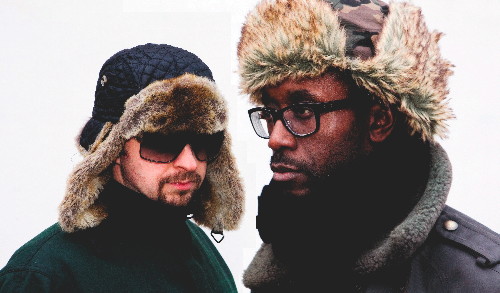 MK – Let’s talk about your music. Your first album Memories of the Future, for which you wrote the lyrics while Kode9 made and produced the sound. There’s a mesmerizing slowness and darkness about both lyrics and sound. There is a peculiar kind of science fiction, a vision of the future. Can you tell us about how you went on to write it, what gave you the inspiration?
MK – Let’s talk about your music. Your first album Memories of the Future, for which you wrote the lyrics while Kode9 made and produced the sound. There’s a mesmerizing slowness and darkness about both lyrics and sound. There is a peculiar kind of science fiction, a vision of the future. Can you tell us about how you went on to write it, what gave you the inspiration?
THE SPACEAPE – It was around early 2005 and I’d returned from a trip to Jamaica where I felt the increased pressures of “Americanization” on the country. My Jamaican dollar was unwanted, only US or Sterling spoke. Yet, in many ways I knew I was somehow complicit. Then there was the 7/7 bombings of London. I was away at the time and the sense of tension on my return was suffocating. The opening line from Glass, “Lately there’s been a serious rise in the pressure…”, came on my arrival back to London. For me this period clarified the sense of greyness, uncertainty and paralysis I felt I was living in.
The first track I wrote for MotF was Kingstown. I wrote this whilst I was in Jamaica after hearing of a murder close to an old “colonial residence”. This rich island of light, natural beauty and above all, resistance, was overshadowed by the darkness of its colonial past and the restrictions brought upon it by mounting debt. Violence is an inevitable consequence of this uneasy transition from “machete to machine”.
I’ve read reviews of the album and most talk of the lyrics as being dystopian, dark etc, but the truth is my ideas were in the real. I was writing about my real experiences, things I’d read, seen, heard, things that ultimately interpreted in my own way. The dystopia was not an imagining. I felt like I was living in this constant grey, full of half truths and distorted memories. What you are hearing on the album is exactly that. There are no answers to the questions on the album as I too was searching for them.
Sonically the album is fairly stripped back and this owes as much to our technical ability at the time as it did our vision. The cold, sharpness of some of the tracks obviously brings to mind visions of unknown futures proffered in much sci-fi writing and film. Underneath all this sits warm, duvet-like bass lines. For me, this and the lyrics is what keeps the album fresh and in many ways timeless.
MK – Your second album, Black Sun, is a concept album with a strong theme running through all the tracks: survival on earth after a nuclear catastrophe. You wrote the lyrics of course. Black Sun is like a script coming with its own comic strip. How did you approach this kind of writing?
THE SPACEAPE – At the time there were a lot of changes happening in my life. I’d been diagnosed with cancer in 2009 and have been living with it ever since. I was in the middle of various invasive treatments, radiotherapy, chemotherapy and God knows what else. I felt compelled to write about my situation but I didn’t want to make it personal. I wanted to say something about my experience but also I wanted to distance myself as it was very painful.
I started to think about radiation as a fate we may all suffer at some point. I felt extremely isolated as know one can really understand what you’re going through. I wanted to transplant myself into another time, where others were suffering like me. I started writing this story about Earth being abandoned after some unexplained apocalyptic event, leaving the atmosphere almost unbearable due to high levels of radiation. Our only options; either take “The Cure”, an artificial treatment which enabled those who took it to tolerate earths rising toxicity. Or, escape to a new age Babylon called “Kryon”, a place that offered a new belief system and possible salvation. These ideas were essentially an analogy for what was happening in my life. Take the traditional blend of toxic drugs available or escape to an alternative world of holistic medication and spiritual enlightenment where the outcome maybe even more uncertain.
Indeed the realisation that I may die made some things very clear whilst others less so. Neon Red Sign was written in response to the constant offers of prayer I received from many people. But not only offers, I was told I needed to pray myself, a lot. This is at once against my own beliefs and I found it very difficult to reconcile. I felt grateful for their concerns but at the same time wondered whether they were praying for me or themselves as these same people offered very little else at a time when I needed practical not spiritual support.
I agree that in many of the lyrics on Black Sun lurks a kind of spiritual ghost. An ambiguity towards traditional belief systems, yet a strong need to find my own spiritual path. The line, “..cause there’s a God on every corner who has under achieved” on Neon was my rejection of these traditional ideologies being pressed upon me. I needed to believe in and harness my own inner strength. The post apocalyptic idea was a way for me to channel some of these feelings without the album becoming this tortuous personal testimony.
MK – Black Sun also presents a very powerful use of sounds: burning things, cracking noises, breathing. This is a real trend in some electronic music, but why did you decide to make such a use of sounds?
THE SPACEAPE – To position the listener in our imagined world we had to do more than create a bunch of tracks. We needed to fully immerse the audience both sonically and visually. We paid specific attention to sound as you would in a film. As you mention, burning, crackling, echoes, delays we wanted people to smell the ruin. And because we know most people listen on headphones we felt these elements would come across. Then it’s down to individual interpretation and this we have no influence on
MK – After Memories of the Future, you played a lot of live gigs as MC to Kode9 Djing. How did this experience of playing live influence your approach to Black Sun? What does playing live feels like to you?
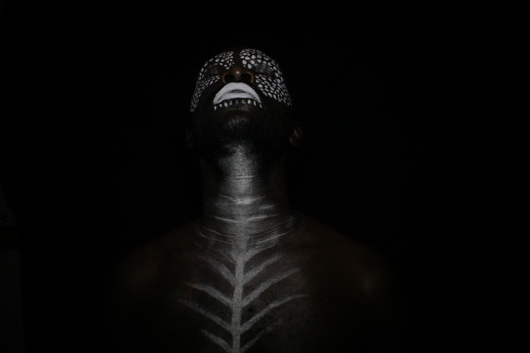 THE SPACEAPE – Playing live is one of the best feelings I’ve ever had in my life. It’s so immediate. It’s not like releasing music when you get this slow drip of feedback. Playing live the feedback is instant and you find out pretty quickly how you’re sets going down. I’ve had some amazing nights where musically Steve and I were totally locked. I’ve also had plenty of shit nights which is standard really.
THE SPACEAPE – Playing live is one of the best feelings I’ve ever had in my life. It’s so immediate. It’s not like releasing music when you get this slow drip of feedback. Playing live the feedback is instant and you find out pretty quickly how you’re sets going down. I’ve had some amazing nights where musically Steve and I were totally locked. I’ve also had plenty of shit nights which is standard really.
Alongside our DJ/MC set we developed a live set which we’ve been playing since 2007. Originally it was called ‘bass fiction”. The idea was for the whole set to be predominately beatless. We wanted to create a totally immersive set with bass and vocals to the fore. For the audience they had to be brave and come with us, there were no passengers allowed. Those who weren’t feeling it would soon fuck off and we’d know those left were in it for the long haul. As we developed the set we started to add beats, bring in odd sounds, transitory radios, a → “Buddha box”, vocal samples, all of it channelled using → Ableton Live.
It’s through our live shows that Black Sun emerged. Or rather through rehearsals that mainly took the form of jam sessions. Whereas MoTF was constructed in a very ordered way, (Steve would build a track and I’d write the lyrics or vice versa), Black Sun was a looser process. Many of the tracks were created through these jam sessions which we’d record, pick out any parts we thought jelled then build a track from there.
One thing we did learn from playing live that most definitely influenced Black Sun was to increase the energy. For all of its merits MoTF can be pretty heavy. When we upped the tempo on stage the response was amazing and we both felt we wanted to infuse the album with the same type of shift in momentum.
MK – Your last work, Xorcism, is a mini-EP that you wrote and produced on your own. It is an album about vodoo, but with a science fictional twist to it. Why vodoo and what does it mean to turn vodoo into a science fiction theme?
THE SPACEAPE – Well, → Xorcism isn’t intentionally science fiction. It’s about healing. I used voodoo as a way to channel my feelings about my ongoing condition but unlike on Black Sun this time I felt I needed to be explicit. I needed to expel many feelings that were suffocating me. Whilst going in and out of hospital I was listening to lots of Haitian music and this not only helped distance me from those fuckin ‘pictures on the wall’ but convinced me this could be a genuine source of healing, which of course is the essence of voodoo. I agree there is something other worldly about the EP but I wouldn’t attach it so readily to science fiction. Yes the track He Gave His Body is about a rogue medical experimentation but I think generally the vibe is less predictable than that. A friend of mine said to me he couldn’t listen to all of it because he found it to painful, painful because he knew me.
Every word I wrote came from the same place, a wounded soul. But one that remains vital and generous. On the day I released the EP, the very second I pressed send, a taxi was waiting to take me to hospital for more treatment. But during my 15 minute journey, I felt lighter, relieved to have let go of so much weight which in turn may give me a better chance at healing.
MK – Thank you Spaceape. We are grateful for your time.

